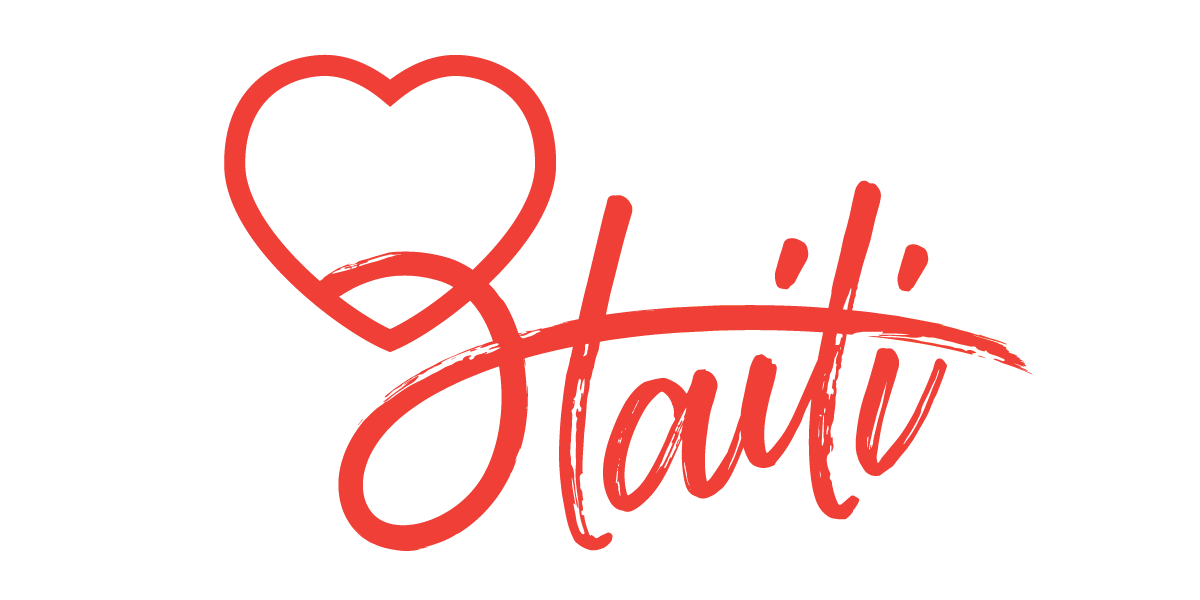Development done by haitians, for haitians, with international supporters
At Love Haiti, we believe that development in Haiti can only be achieved if it is initiated, developed, and implemented by Haitians in their own local contexts. Our organization is a support base and organizational partner for these communities while they develop themselves. We primarily engage and make decisions with our partner communities through what in Haiti is called a Federation.
Federation -
A legal, social entity in Haiti comprised of leaders from diverse sectors of a community that can make development decisions on behalf of a community. Federations are comprised of individuals known locally in the community as leaders, typically including leaders such as: entrepreneurs, educators, local politicians, academics, and religious/spiritual authority figures (Catholic/Protestant/Vodou Priests all included).
Through these Federations, our partner communities are able to own property, collect communal donations for projects, and facilitate decision making on behalf of the community. The collective, local ownership of these health clinic buildings builds pride and sustainability within each community; allowing and encouraging the community to view the ongoing development work as their own!
Because of this approach and our belief in local empowerment, Love Haiti legally owns very few things in Haiti. Outside of our Headquarters and a couple of company vehicles, our community Federations locally own every project/building that we enter into with them!
Our Federation leaders in Pichon, Haiti collecting community donations during a Federation meeting to help finance a new water project for the community.
Federation leaders in Baguette, Haiti discussing the next priority for the community and how to best engage with that challenge.
This model for community development is not a quick-fix, one size fits all approach. Instead, it forces us to create deep friendships and to engage in active, deep listening with our community partners. Central to our ethos is the belief this work of relationship-building is a long-term process, not a short-term product. We really are not that interested in doing one-off projects that don’t require relationship building and never returning to the same community (by the way, we’ve seen time and again that those projects usually don’t have a beneficial, lasting impact on Haitian communities).



